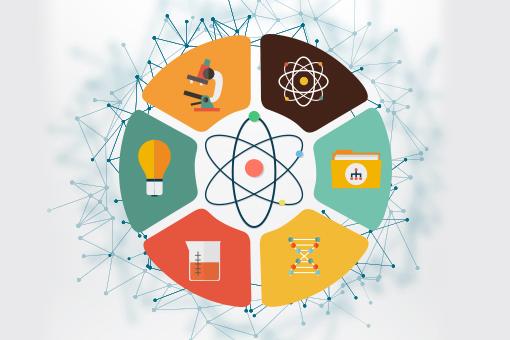Timing cues epigenomic reprogramming
Different temporal dynamics of activation of the transcription factor nuclear factor κB (NF-κB) can influence the inflammatory response of activated macrophages. Cheng et al. report a mechanism by which oscillatory and sustained NF-κB signaling may produce distinct transcriptional responses (see the Perspective by Nandagopal et al.). Oscillatory activation of NF-κB activated poised enhancers to transcribe inflammatory genes in mouse macrophages. However, sustained activation of NF-κB produced in cells activated by other stimuli acted on the epigenome. These stimuli relieved chromatin silencing at enhancers and enabled regulation of additional genes.
Science, abc0269, this issue p. 1349; see also abj2040, p. 1263
Abstract
The epigenome of macrophages can be reprogrammed by extracellular cues, but the extent to which different stimuli achieve this is unclear. Nuclear factor κB (NF-κB) is a transcription factor that is activated by all pathogen-associated stimuli and can reprogram the epigenome by activating latent enhancers. However, we show that NF-κB does so only in response to a subset of stimuli. This stimulus specificity depends on the temporal dynamics of NF-κB activity, in particular whether it is oscillatory or non-oscillatory. Non-oscillatory NF-κB opens chromatin by sustained disruption of nucleosomal histone–DNA interactions, enabling activation of latent enhancers that modulate expression of immune response genes. Thus, temporal dynamics can determine a transcription factor’s capacity to reprogram the epigenome in a stimulus-specific manner.


